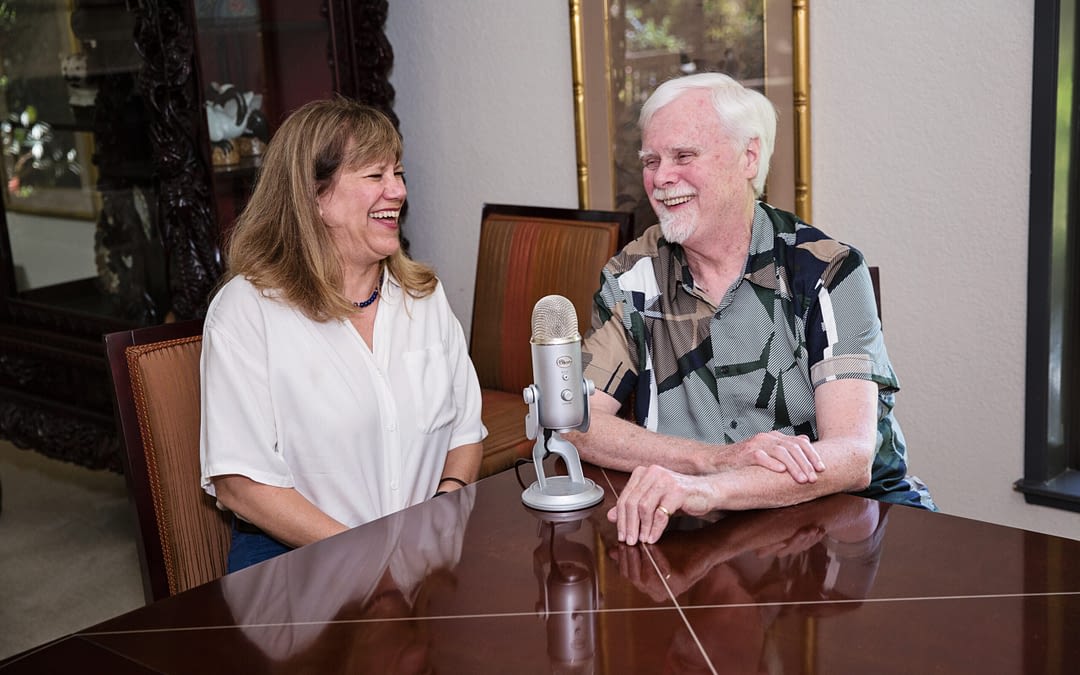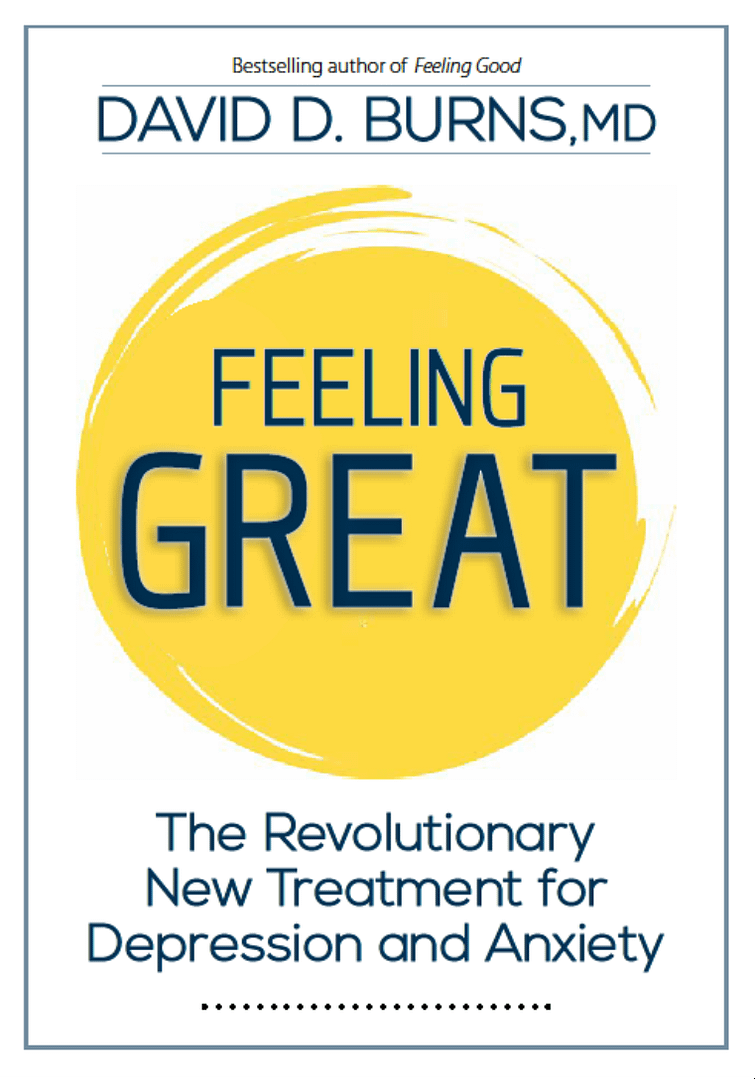238: Feeling Great Book Club Featuring Drs. Sharon Batista and Robert Schacter
In today’s podcast, Drs. Sharon Batista and Robert Schacter describe their visionary 16-week Feeling Great Book Club for mental health professionals that we mentioned in a podcast several months ago. The group was a great success, and I am super thankful to them for creating it!
Sharon described how the group came into being. She’d been looking forward to Feeling Great and ordered the hardbound and the audio version as well. But she found, like so many mental health professionals, that it is difficult to keep up with career and family, and sent out a post to colleagues suggesting a possible book group to make the process of learning easier. Bob wrote back and said, “What a brilliant idea! Let’s do it!”
Sharon and Bob reported that the more than 40 therapists signed up for the Book Club, which consisted of 90-minute sessions every other week. The participants ranged in experience from Level 1 to Level 4 certification in TEAM-CBT. Sharon explained that
“People liked learning the parts of TEAM piece by piece. Being assigned to read 1 chapter per week gave them enough time to read and digest the material in small chunks. And people had a myriad of questions at every group.”
Sharon and Bob graciously said that “a highlight for the group was the time David attended and generously gave us over two hours for Q and A.” For me (David) it was also a peak experience. Due, in part, to my narcissism, I just love answering questions, and they asked tons of really good ones!
The other phenomenon they described was that
“we became a group. It was comforting to see each other every two weeks with a common purpose and sense of community. People felt the group was relaxed and said they gained more understanding than from the training groups they’d been in. People were relieved to discover that they weren’t the only ones who thought TEAM-CBT was very complex.”
Sharon added;
“As therapists, we face lots of challenges and sometimes make mistakes. The participants got a lot of support and engaged in a process that involved learning and personal growth.”
The questions from book club members began with clarifying the descriptions of the ten Cognitive Distortions. People asked questions like these:
- What is the difference between Overgeneralization and Mental Filtering?
- Why is a Should Statement a cognitive distortion?
- Why do some methods work better than others for various distortions? How do we know which ones to use?
- What is Unconscious Resistance? Why does the therapist need to become the voice of that resistance?
- What do you do when nothing seems to be working?
- Can you explain how the Magic Button leads to the “Switch” that makes someone decide to get better.
- How do you show empathy to someone who is suicidal?
- Can you explain the Death of the Ego? (This was a big question)
- When you are dealing with the spiritual side, how do you take the path of acceptance? What is the path of acceptance?
- What is the difference between a low-level and high-level solution?
- How can you be happy if the negative thoughts are true?
- How can you do TEAM-CBT when only 50-minute sessions are possible?
- Tell us what Enlightenment is!
A major question was: Why do some people seem to not want to get better? How do you figure out what the resistance is, and how do you work through it?
We shot the breeze about some of these questions in today’s podcast.
If you would like to start your own Feeling Great Book Club for therapists or for lay people, and need more information, feel free to contact Sharon or Bob.
Sharon M. Batista, M.D., FAPA, FACLP, FAMWA
Medical Director, Balanced Psychiatry of New York (212) 869-0515
drbatista@balancedpsychiatry.com
Rhonda and I want to thank both of them and send them a big virtual hug!
Sharon Batista, MD, is a psychiatrist in private practice in New York City (NYC). She trained in psychiatry at the Mount Sinai Hospital in NYC and completed her fellowship training at New York University. Dr. Batista is on the faculty of the Icahn School of Medicine where she teaches psychiatry residents about psychotherapy, including CBT and TEAM. She specializes in the treatment of depression and anxiety as well as in the treatment of people with medical illnesses.
Robert Schacter, PsyD is a psychologist in private practice in NYC. He serves as Assistant Clinical Professor in the Department of Psychiatry at Icahn School of Medicine at Mount Sinai. He is also Founding Fellow and Past President of the New York City Cognitive and Behavioral Therapy Association, and Past Chair of the Public Education and Media Dissemination Committee of the Association for Behavioral and Cognitive Therapies. He is a Level 4 TEAM Certified trainer and therapist. He can be reached by emailing him at: rss99@earthlink.net
Dr. Rhonda Barovsky practices in Walnut Creek, California, but due to Covid-19 restrictions is working via Zoom, and can be reached at rhonda@feelinggreattherapycenter.com. She is a Level 4 Certified TEAM-CBT therapist and trainer and specializes in the treatment of trauma, anxiety, depression, and relationship problems. Check out her new website: www.feelinggreattherapycenter.com.
You can reach Dr. Burns at david@feelinggood.com.
This is the cover of my new book, Feeling Great. The kindle and audio versions are available now too!



